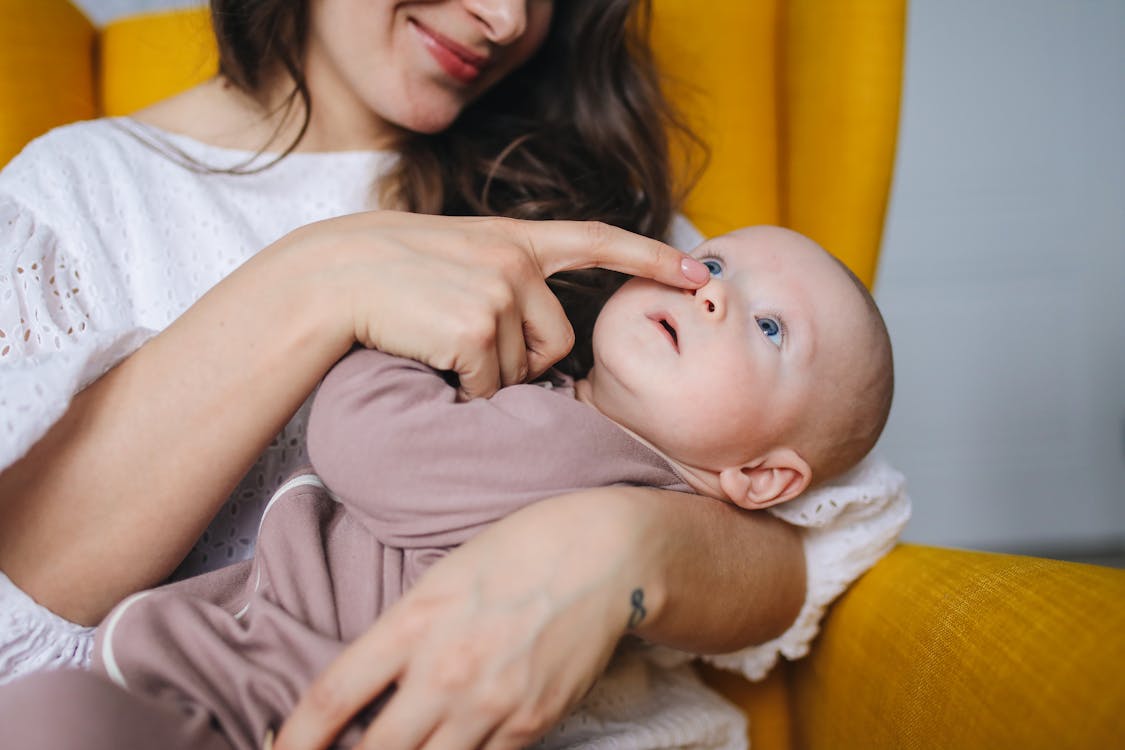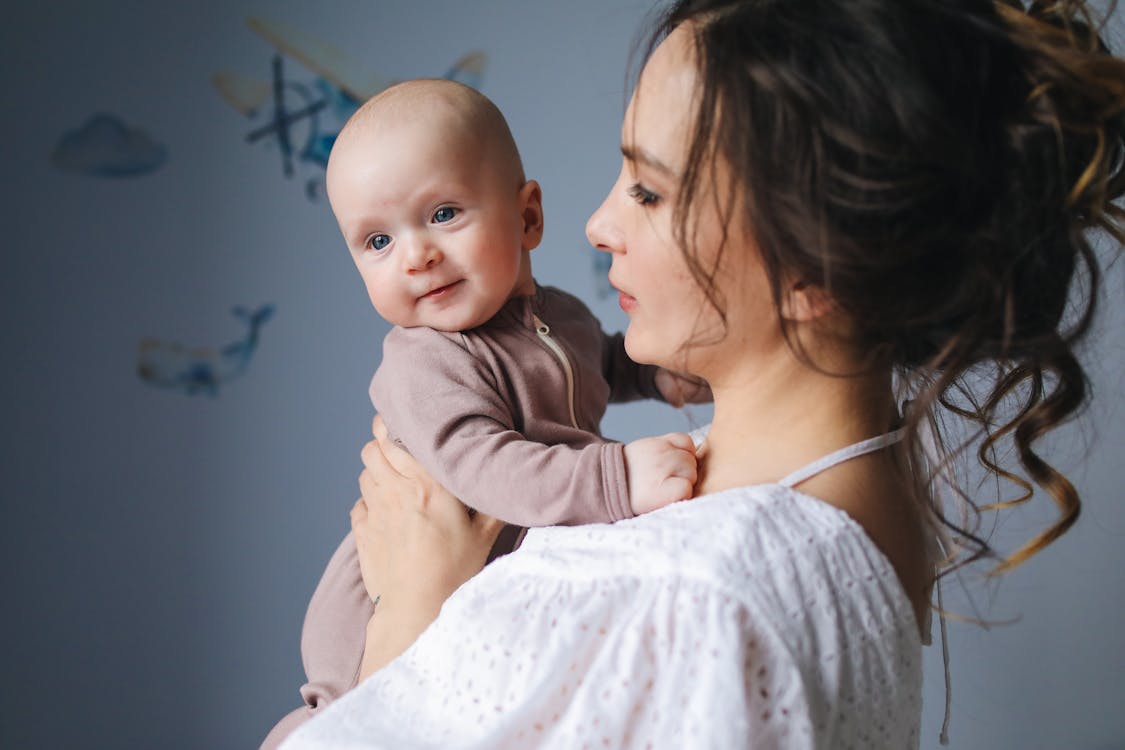Humans are social beings, and everyone needs to develop social skills at a young age. While you have not witnessed how you developed these skills yourself, you are probably thrilled by the idea that your own infant is experiencing it now.
You may be shocked to learn that when your newborn baby seems to do nothing but sleep and eat, they are actually beginning to develop their social skills. Shortly after they are born, babies display signs that they are instinctively inclined to communicate with others.
Like everything in this world, children learn social skills in tiny steps over time, especially in the first year. Learn more about the social skills of infants as you read on.

Newborn
Instead of other types of patterns, few days old-babies tend to look at face-like patterns. And they already notice if people are watching them. Babies were more focused on open eyes than on closed eyes, according to one study.
It seems that newborns mimic the facial expressions of other people, too. For instance, when looking at an adult sticking their tongue out, a newborn might do the same thing. These are the beginning phases of learning to mimic others, experts claim.
To develop a social bond and attachment to you and their other caregivers, natural chemicals in your baby’s brain help behind the scenes. Moms and newborns both have these chemicals and the hormone oxytocin is one of them.
1-2 Months
If your child is a newborn, you will not be alone in realizing that they’re not socially ‘giving back a lot.’ They’re not communicating with you specifically about the details of their day anytime soon.
So it’s great when you see the first smile of your infant. While not all babies are the same, this mostly occurs around six to eight weeks. Babies tend to adapt their cries to signal various things at about the same time.
This reflects their newfound ability to convey multiple feelings. One cry is usually an indication of ‘I’m bored or tired’ and another ‘I’m hungry,’ you might begin to recognize. This is one of the first strides your baby takes in communication.

3-6 Months
The social signals of babies as they begin to develop become more complex. Experts claim that when they are about 3 to 6 months old, babies also begin to use information from people’s faces and voices.
As they start to learn how to distinguish emotions like happiness and sadness, babies use this information. From around three to six months, babies can also recognize their own names. Well, it’s important to know when you need their attention for the next time.
With a gaze and basic vocalizations, a baby gives smiles and communicates. The focus is on habit and discovery, illustrating to caregivers what they prefer and don’t, and how they like to sleep, eat, and play.
6-12 Months
Babies also start pointing to demonstrate something to caregivers and communicate at this age. They use pointing to ask for something and to capture the attention of caregivers to something. Pointing is believed to form an initial period of what is referred to as ‘joint attention.’
This is a social activity in which children are learning to follow the direction of their caregiver’s eyes to where they are gazing. It is called joint attention because the baby is ‘joining’ the adult by following their eyes to look at something.
Besides, don’t be shocked if when a friend carries them, your once personable baby that was pleased to be kissed by someone now has a good whimper. This uneasiness is just part of your baby beginning to build a safe bond with you and your partner or other similar caregivers.
Your baby has developed a unique personality by nine to 12 months and displays emotions like sadness, joy, pain, anger, fear, or dissatisfaction.
Conclusion
Infants learn ways of being in relationships through early relationships and with caring and receptive communication, fulfilling their needs and desires, and recognizing and controlling emotions.
Social skills are central to infant development. Their first encounters help define who they are, who they become, and their knowledge of the world. Try to note, however, that the regular social development of babies differs significantly.







